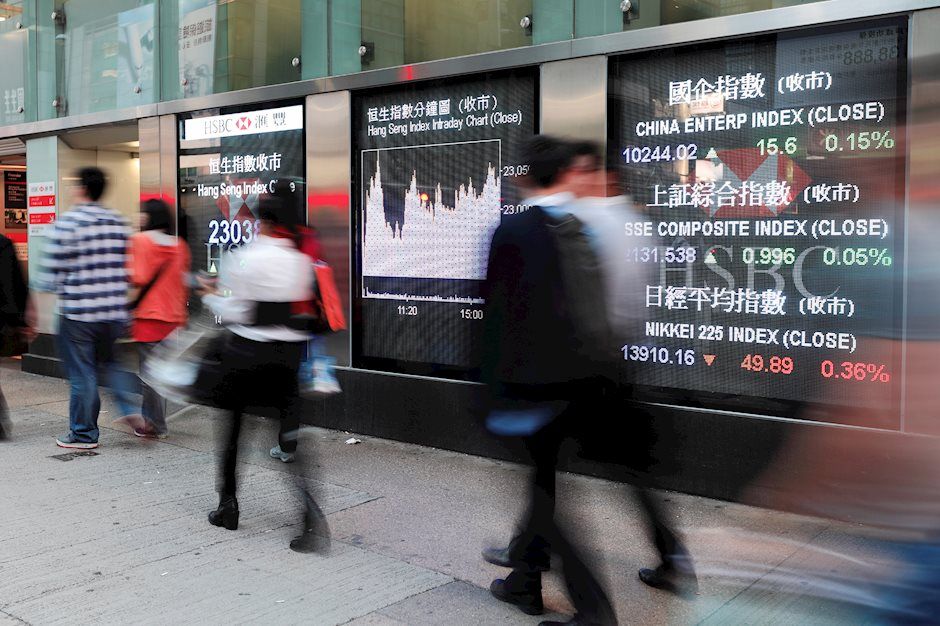China deflation and commodity currency outlook

For so many countries, getting inflation down has been a real challenge. So, a bit of deflation might be seen as a good thing. But the opposite of inflation is also a problem for an economy. And the existence of deflation in a period when the economy is supposed to be growing, can be a significant warning sign.
Yesterday, China reported an annual CPI of -0.3%, which was actually higher than the -0.4% expected. An important portion of that could be down to base effects, because the monthly rate grew once again at 0.2%. But the fact that the world's second largest economy is seeing deflation right after reporting a significant slowdown in trade can be a problem for the global economy.
Markets are under pressure
There were several issues that have continued to hurt risk appetite through the start of the week, such as the downgrade of several US banks. But the situation in China is apparently the largest factor driving markets lately, as investors are once again pricing in the chance of a global recession. Just that now it seems more likely to be due to China underperforming than the US.
Typically, August is a growth month for markets, fueled by summer optimism with many risk events taken off the table. The reversal in fortunes usually doesn't come until September. But, the summer might be ending a little early this year, as risk shifts away from the US towards China. To further emphasize that trend, 499 of the S&P 500 components have reported as of yesterday, with over 80% beating earnings estimates, with an average beat of 7%. That exceeds the inflation rate of the period, suggesting US major corporations are seeing growing profits.
The China risk
Meanwhile, a slowing economy despite the Chinese government's best efforts to push domestic demand seems to be the best explanation for the recent deflation reports. Headline inflation benefited from an increase in fresh food supplies. But what concerns global markets is that factory-gate inflation was negative. That means slowing demand for Chinese-made industrial products.
The other major driver of falling prices in China was a drop in commodity prices, driven by slowing demand. That could have knock-on effects on China's major suppliers, notably the Australian dollar. China has continued to buy many commodities, including crude - but that buying has gone to stockpiles, as domestic demand remains weak. With Chinese factories selling less, as measured in fewer exports, demand for raw materials remains under pressure.
What about Gold?
Besides commodities, China is the world's largest retail buyer of gold. The central bank keeps adding to its gold reserves. But, with a slowing economy, Chinese citizens are less likely to have extra capacity to buy gold. Additionally, a strengthening currency reduces the motivation to buy gold, as well.
With investors piling into safe havens like the dollar, commodities priced in dollars including gold, could come under renewed pressure. Crude being the notable exception, as a more resilient than expected US economy has seen increasing demand from the world's largest consumer.
Author

Jing Ren
Orbex
Jing-Ren has extensive experience in currency and commodities trading. He began his career in metal sales and trading at Societe Generale in London.

















